It is quite difficult to resist the temptation to scratch your head when you have an itchy scalp. It can be quite embarrassing when you have to do it in public. Not only does it cause serious discomfort, it can also lead to hair loss. An itchy scalp could be caused by many things, including excessive anxiety, dandruff, poor hair care, sebaceous cysts, viral infections, poor diet, and dryness. You need to identify the underlying cause.
How to Stop Scratching Your Head
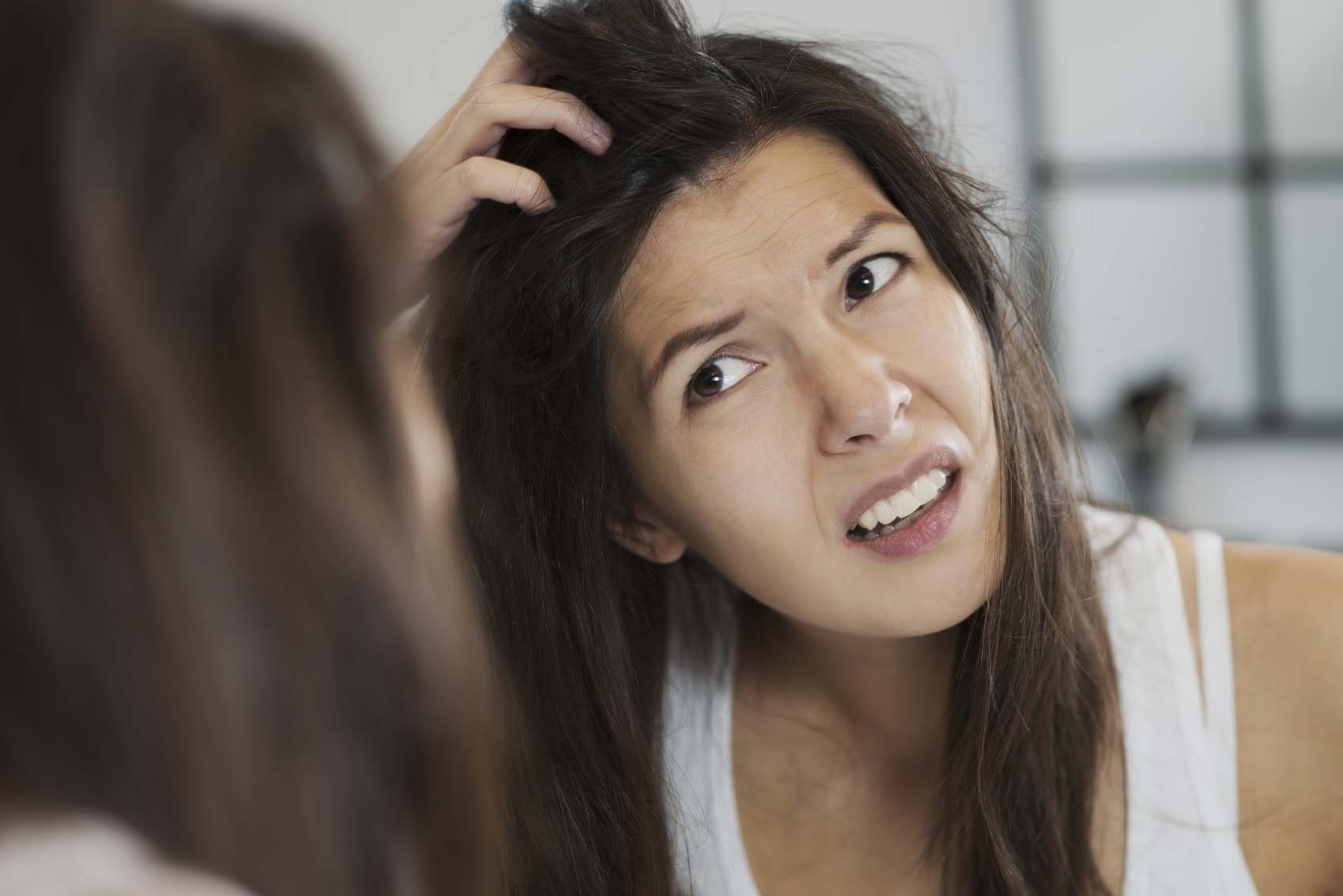
If your scalp stops itching, you will also stop scratching your head. So you should find out the underlying causes of an itchy scalp and treat them. If you are scratching your head because of stress, you should take steps to relieve stress.
1. Get Rid of Dandruff
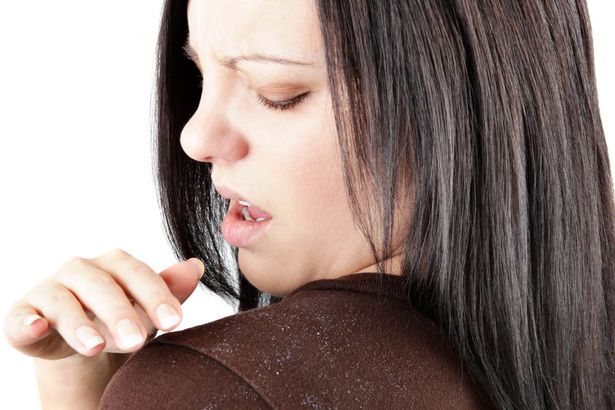
With those flakes sitting on your head, you are likely to collect more dirt and grime in your hair, which in turn will cause an itchy scalp. The matter becomes worse when the scalp produces excess sebum. People who have dandruff usually have their scalp too greasy or too dry. Try some remedies such as apple cider vinegar for dandruff to eliminate dandruff to stop scratching your head.
2. Treat Dry Scalp
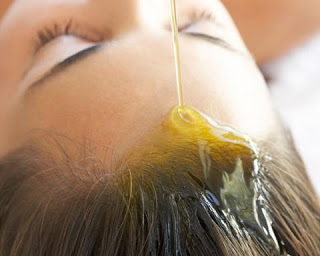
When your scalp is too dry, you are likely to have itching as well. In the absence of enough moisture, your scalp becomes rough and scaly. In this condition, if you scratch your head, the scalp will become drier. Consider rinsing your hair with apple cider vinegar or having an oil massage to treat dry scalp. You can also mix your shampoo with aloe vera gel or lemon juice for a better result. For instant relief, you can put some talc or corn starch on your hair as it can absorb oily substances on your scalp.
3. Tackle Greasy Scalp
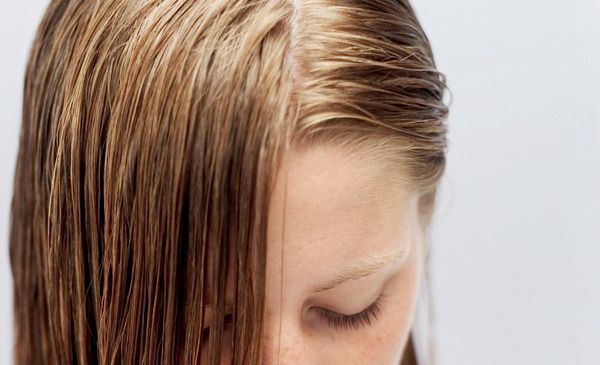
When it comes to how to stop scratching your head, you should know that an overly greasy scalp can also be itching mainly because of a buildup of dirt, sweat, and oil in your hair. Check if your greasy scalp is the cause of concern in your case. If it is, consider washing your hair using a mild shampoo to prevent itchiness.
4. Treat Scalp Infection

When your scalp is not overly dry or greasy, you may have a scalp infection or another skin condition causing itchiness. Keep in mind that you are only going to aggravate your condition by scratching you head with your hands or nails. Talk to your healthcare provider and have your scalp examined for signs of psoriasis, eczema, dermatitis, and other skin conditions.
5. Treat Head Lice
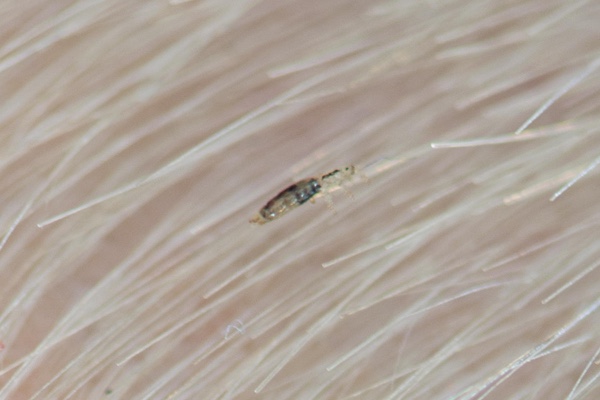
You may not know it, but you may be scratching your head because you have head lice. In this condition, your scalp reacts to the saliva of the lice, causing itchiness. How to stop scratching your head and treat head dice? You can try a number of ways to deal with this problem. For instance:
- Find a medicated shampoo and apply it on your hair as directed. Be sure to wash all your clothes and bedding in hot water and dry out for at least 20 minutes.
- Be sure to dry clean any non-washable items.
- Vacuum your upholstered furniture and carpets regularly.
- Soak your hair-care products, including brushes, combs, barrettes, etc., in medicated shampoo for an hour. You can use alcohol as well.
6. Change Your Hair-Care Products Regularly

Do not use the same hair-care products for an extended period. Many products contain harsh chemicals that stick to your scalp and cause itchiness. It is important that you keep changing your hair cosmetics like conditioners, shampoo, hair gels, oils, etc. It is even better to stick to baby shampoo when your scalp or skin is too sensitive. These products are generally mild and do not cause serious reactions.
7. Pay Attention to What You Eat

Paying attention to your diet can also help stop you from scratching your head often. Your diet should contain essential fatty acids. It is equally important to provide your body with other important nutrients such as zinc and other vitamins. Include the following foods which can keep your scalp healthy.
- Eat food rich in omega-3 fatty acids, such as mackerel, salmon, sardines, and tuna. Flax seeds, walnuts, canola oil, and pumpkin seeds are also some rich sources of omega-3 fatty acids.
- Consume food rich in vitamin A. Butter, eggs, squash, sweet potatoes, cantaloupe, carrots, and papaya are some nice choices.
- Include foods rich in vitamin C in your diet. Some best choices are strawberries, brussels sprouts, green peppers, spinach, and citrus fruits.
- Ensure that your diet also contains foods rich in zinc: The list includes seafood, poultry, neat, nuts, and whole grains.
8. Manage Stress Better
How to stop scratching your head if the itchiness is caused by stress? It is hard to avoid stress in today's busy world, but you can certainly take steps to manage it better. You will notice your hair fall in clumps when you are under serious physical or psychological stress. You may also notice your scalp becoming itchy during these times. This usually happens because your body produces certain hormones and pro-inflammatory chemicals to deal with stress. Deep breathing, meditation, swimming, walking, gardening, and anything that makes you feel better about yourself can help relieve stress and prevent scalp itchiness.
For detailed tips on stress management, read this: How Do You Handle Stress?
